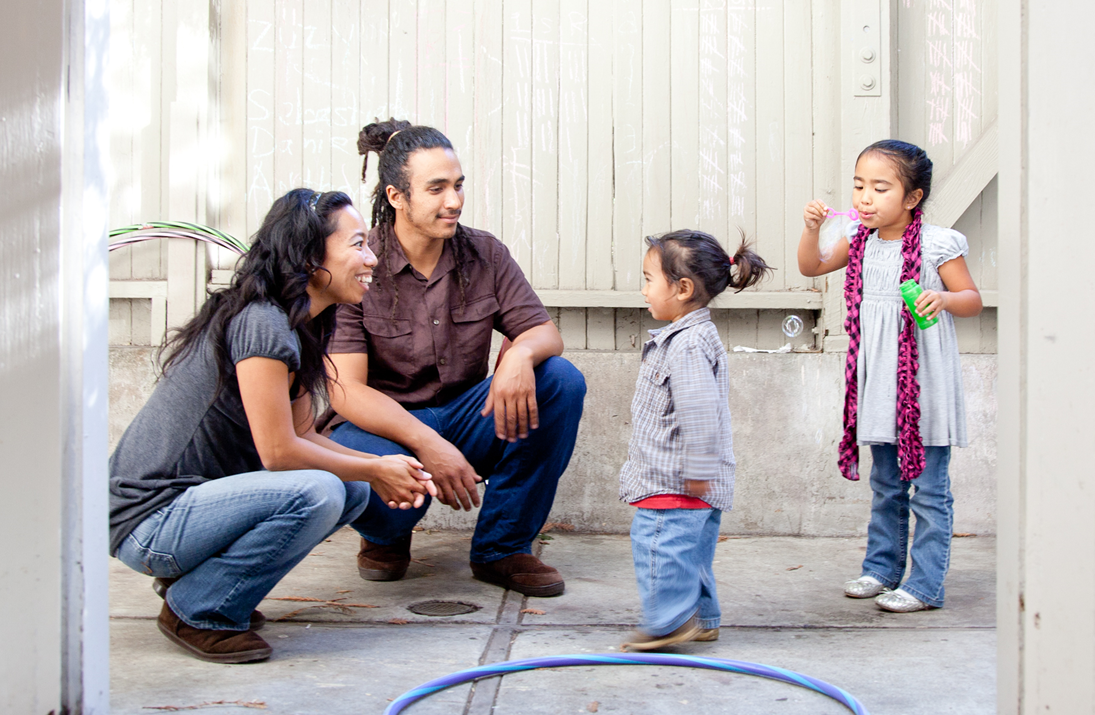What happens when you’re taught to lower your expectations?
What happens when, from the earliest age, you are taught by your collective society to minimize both yourself and the things that you want for yourself?
This is what you end up with:
Anorexia is the third most common chronic disease in people under the age of 18, following asthma and type 1 diabetes.
It’s incredible the impact that lowered expectations will have on an entire half of the population. When women expect less, they often give more in an attempt to bridge that gap. We see this not only in our government and lawmakers, but in our most intimate relationships.
We see it in the way we look for our fathers’ approval, our mothers’ love, our partners’ permission, our friends’ time, our bosses’ attention; and what suffers in that exchange of too much for too little is our self-respect and our safety.
Because when you are taught to expect so little, you are taught that the only amount of respect you should feel angry about is the complete lack of respect. What we settle for is the bare minimum and we end up feeling thankful for a begrudging respect that was always due to us.
Of course we believe Dr. Christine Blasey Ford. Women live their entire lives in a fog of constant low-grade fear. If we stopped to dwell on our miseries, our throats would give out for screaming. We would burn it all to the ground.
The problem isn’t about belief or even about justice. The problem and the solution is respect. The maximum amount of respect that we are as entitled to as every privileged white male in this country has felt since birth.
But:
The forces working to keep women’s expectations lowered are in a losing battle and have been for quite some time, whether you see it or not. There are numerous historic precedents to the power of women with agency and voices to take back a radical amount of respect.
Nothing has felt easy in my life or the lives of women I know.
But there is something beautiful and good in seeing the emphatic and forceful demand of the full respect we are owed despite race, sexuality, education, income, location or politics.
You should be proud of the women in your life who wake up in the morning and find something to stand for.
August 26th is the annual Women’s Equality Day in the United States.
It’s a fake holiday.
It’s a fake idea.
But some day, it won’t be.
The post The Problem of Lowered Expectations appeared first on Broke-Ass Stuart's Website.







